Comrade Le Minh Khai, Secretary of the Party Central Committee, Deputy Prime Minister , Chairman of the Mekong Delta Coordination Council chaired the Mekong Delta Coordination Council Conference.
On September 27, in Bac Lieu province, comrade Le Minh Khai, Secretary of the Party Central Committee, Deputy Prime Minister, Chairman of the Mekong Delta Coordination Council chaired the Mekong Delta Coordination Council Conference.
At the Conference, Comrade Cao Huy, Deputy Head of the Government Office, announced Decision No. 974/QD-TT, dated August 19, 2023, establishing the Mekong Delta Coordination Council. Deputy Minister of Planning and Investment Tran Duy Dong presented a report on a number of contents related to the development of the Mekong Delta.
Leaders of localities in the region including Bac Lieu, Tien Giang, Tra Vinh, Hau Giang, Dong Thap, Long An, Can Tho, Kien Giang, Ca Mau, Can Tho... discussed and clarified the functions and tasks of the Regional Council and related agencies and units; tasks and solutions that need to be focused on; at the same time, proposed a number of major recommendations on specific mechanisms and policies on developing intra-regional and inter-regional connectivity infrastructure, human resources; economic restructuring,... to promote the strengths of each locality, promote regional linkages, work together to develop the economy and society of the Mekong Delta region quickly and sustainably, and improve people's lives.
Leaders of Ho Chi Minh City reported on the cooperation program between Ho Chi Minh City and the Mekong Delta region; leaders of the Ministries of Natural Resources and Environment, Transport, Education and Training... discussed issues of land, resource and mineral management; response to riverbank and coastal erosion and extreme developments caused by climate change; solutions to speed up the implementation of key transport projects; effectively promote the role of inland waterways; investment in railway, seaport and airport projects; solutions to develop the education and training system and human resources development in the Mekong Delta region;...
After listening to the comments of leaders of ministries, branches and localities, concluding the conference, Deputy Prime Minister Le Minh Khai assessed that with the spirit of frankness, construction and promoting efficiency, the Conference achieved its set goals. The reports were presented concisely, fully and clearly. The comments were profound, objective, responsible and dedicated, as well as proposing many appropriate, practical and feasible solutions.
Highly agreeing with the recommendations and proposals of the Ministry of Planning and Investment and the opinions of the delegates, Deputy Prime Minister Le Minh Khai requested the Ministry of Planning and Investment to synthesize and study the opinions of the delegates to continue perfecting the coordination plan and concretizing the action plan for the last months of 2023, identifying tasks to implement regional coordination activities and improving the efficiency and feasibility in building and coordinating the implementation of regional development mechanisms and policies.
Deputy Prime Minister Le Minh Khai assigned the Ministry of Planning and Investment to preside over and coordinate with relevant ministries, branches and localities to review current mechanisms and policies and research and propose outstanding specific mechanisms and policies to develop the Mekong Delta region.
The Mekong Delta region has a particularly important strategic position.
Deputy Prime Minister Le Minh Khai emphasized: The Mekong Delta region has a particularly important strategic position in terms of economy, culture, society, environment, national defense, security and foreign affairs of the whole country; it is the southernmost region of the Fatherland, a bridge connecting our country with countries in the ASEAN region, especially countries in the Mekong Sub-region.
This is also the country's key agricultural region with many key products, especially rice, shrimp, tra fish, and fruit, playing a huge role in the ecological environment, water security, and food security for the whole country.
In the recent period, the economic structure of localities in the region has shifted positively, many key industrial projects on energy have come into operation. The national program on new rural construction has achieved many important results. Economic and social infrastructure has been invested with many resources, contributing to changing the face of the region. Many forms of regional association and cooperation have been formed.
The management and exploitation of resources, especially water resources, and environmental protection are focused on; more proactive adaptation to climate change. There has been much progress in culture and society, and the quality of education and training and basic health indicators have been improved.
Deputy Prime Minister Le Minh Khai and delegates attending the conference.
Strengthening coordination and regional linkage activities, creating momentum for regional development
However, the region still faces difficulties and challenges, has not fully exploited its potential and strengths, and its contribution to the overall results of the country is still limited.
Specifically, the small-scale economy accounts for only about 12% of the country's GDP, economic growth is not sustainable, and quality is not high. Infrastructure is not synchronous, not meeting development requirements, including intra-regional traffic connections and with the Southeast region and Ho Chi Minh City. Processing industry is not yet developed. Agriculture has not yet formed large-scale specialized areas, value chains, highly efficient, ecological, and organic agricultural products to focus on export.
Environmental pollution and water pollution tend to increase, especially in urban areas. Cultural and social development still has many shortcomings, low human resources do not meet development needs. There is a difference in the level of development between localities in the region.
According to the Deputy Prime Minister, these are issues that are difficult to handle or difficult to handle effectively by individual efforts of each locality in the Mekong Delta. Therefore, in recent times, the Party and State have issued many policies and guidelines to promote potential and advantages, especially to strengthen coordination and regional linkage activities, creating momentum for regional development.
Comrade Cao Huy, Deputy Head of the Government Office, announced Decision No. 974/QD-TT , dated August 19, 2023, establishing the Mekong Delta Coordination Council.
Effectively implementing the Mekong Delta Regional Planning
Regarding the orientation of the Regional Coordination Council's activities in the coming time, Deputy Prime Minister Le Minh Khai requested ministries, branches and localities to take specific actions to improve the effectiveness of the Regional Coordination Council's activities, focusing on implementing the following tasks:
Firstly, effectively implement the Mekong Delta Regional Planning for the period 2021 - 2030, with a vision to 2050, which was issued in Decision No. 287/QD-TTg dated February 28, 2022 of the Prime Minister, Decision No. 816/QD-TTg dated July 7, 2023 of the Prime Minister promulgating the Plan to implement the Mekong Delta Regional Planning for the period 2021-2030, with a vision to 2050, which clearly states the development of the Mekong Delta in a sustainable direction, green growth associated with the implementation of Resolution No. 120/NQ-CP dated November 17, 2017 of the Government on sustainable development of the Mekong Delta in response to climate change; focusing on protecting, embellishing and developing the cultural - social foundation and natural ecosystem; taking "people" as the center; Consider water resources as the core; comprehensively manage water resources across the basin to ensure the maintenance of life sources for the environment and people; transform livelihood models in sub-regions towards proactive adaptation to climate change.
Chairman of Bac Lieu Provincial People's Committee Pham Van Thieu spoke at the conference.
In particular, it is necessary to focus on large-scale, modern, commodity agricultural production; organic agriculture, high-efficiency agriculture, optimizing agricultural value; developing technology in varieties, processing industry, preserving agricultural and aquatic products; linking production with the consumer market and building product brands.
Promote economic restructuring, especially agricultural restructuring suitable to each ecological region, proactively adapt and effectively implement projects to respond to climate change and rising sea levels; address riverbank and coastal erosion, subsidence, and salinity; develop a comprehensive strategy to protect and sustainably use Mekong River water resources.
Deputy Prime Minister Le Minh Khai said that currently, the whole country has 53 provincial and municipal plannings that have been appraised (of which 13 provincial plannings have been approved, 40 provincial and municipal plannings are completing documents to submit to the Prime Minister for approval), 06 provincial plannings have been submitted to the Appraisal Council to prepare for the appraisal meeting and 04 provincial plannings have been sent to ask for opinions from members of the Appraisal Council.
The Mekong Delta region has 02 Provincial Planning approved by the Prime Minister including: Long An Province and Soc Trang Province, 11 Provincial Planning have held appraisal meetings, are completing documents to submit to the Prime Minister for consideration and approval including: Tra Vinh, Ben Tre, Can Tho, Kien Giang, Vinh Long, Ca Mau, Hau Giang, Bac Lieu, Dong Thap, Tien Giang and An Giang Provinces.
"Thus, the progress of implementing the planning for the Mekong Delta provinces is guaranteed and faster than some other regions," the Deputy Prime Minister assessed.
Long An Provincial Party Secretary Nguyen Van Duoc spoke at the conference.
Additional proposals on institutions, mechanisms and policies for development of the Mekong Delta region
Second, focus on research to propose additional institutions, mechanisms, and policies for the development of the Mekong Delta region, promote regional and sub-regional linkages to ensure that regulations, mechanisms, and policies for regional and sub-regional linkages are implemented synchronously, consistently, feasibly, effectively, and in accordance with the country's reality.
Third, promptly complete and implement the list of regional-scale and inter-regional programs and projects to supplement implementation in the 2021-2025 period approved by the Government in Resolution 108/NQ-CP dated July 18, 2023, using ODA loans from development partners, in which the central budget allocates 100% for projects of the Ministry of Transport and the Ministry of Agriculture and Rural Development; allocates 90% for projects of 13 localities (referred to as Mekong DPO projects).
The Deputy Prime Minister emphasized that this is a specific policy of the Mekong Delta. However, the progress of completing investment procedures is still slow. Currently, only the Ministry of Transport has had its investment proposal approved by the Prime Minister. The remaining ministries and localities need to urgently complete legal procedures to strive to start projects in the 2024-2025 period.
Deputy Prime Minister Le Minh Khai also asked the provinces to coordinate with ministries and branches to speed up the implementation of projects to handle riverbank erosion areas. This is an urgent issue that needs to be implemented promptly and effectively to avoid waste.
Urgently complete provincial planning to serve as a basis for coordinating regional linkage activities.
In order for the Mekong Delta Regional Coordination Council to operate effectively and practically, Deputy Prime Minister Le Minh Khai requested Council members, leaders of ministries, branches and localities to closely follow the tasks, powers and operating regulations of the Regional Coordination Council to develop action plans and promptly carry out tasks related to regional coordination and linkage.
The Ministry of Planning and Investment needs to be proactive and creative in performing the Council's standing duties, ensuring smooth communication and proposing work contents that the Council needs to discuss, comment on and agree on actions.
Deputy Prime Minister Le Minh Khai requested ministries and localities to immediately send their comments to the Ministry of Planning and Investment for synthesis and submission to sign and promulgate the Council's Action Plan for the last months of 2023.
At the same time, localities that have not yet had their provincial planning approved are required to urgently complete their dossiers to submit to the Prime Minister for consideration and approval as a basis for coordinating regional linkage activities.
Can Tho City Party Secretary Nguyen Van Hieu speaks at the conference.
Research and propose outstanding specific mechanisms and policies to develop the Mekong Delta region.
Regarding specific mechanisms and policies for the region, Deputy Prime Minister Le Minh Khai assigned the Ministry of Planning and Investment to preside over and coordinate with relevant ministries, branches and localities to review current mechanisms and policies and research and propose outstanding specific mechanisms and policies to develop the region, including mechanisms and policies for developing connecting transport infrastructure; developing highly efficient agriculture; protecting the environment and adapting to climate change.
It is recommended that the Ministry of Planning and Investment - Standing Council consider and select the proposed policy mechanism content that is specific, appropriate, focused, key and suitable for the region.
Relevant ministries such as the Ministry of Transport and the Ministry of Natural Resources and Environment guide and support localities in the region to resolve inter-provincial and inter-regional issues that are not under the authority of localities in the region, issues to implement inter-regional transport projects, and issues of raw materials for inter-regional projects.
The Ministry of Agriculture and Rural Development supports localities in coordinating and linking production, processing and consumption activities according to the value chain for agricultural products; focusing on building brands for key products with regional strengths such as rice, fruits and seafood.
Leaders of ministries and branches spoke at the conference.
Coordinate irrigation system activities for irrigation; flood prevention; control of saltwater intrusion; management, exploitation and protection of water resources; improve efficiency of water use for domestic use, agricultural production and aquaculture in the dry season; support localities in overcoming landslides, building and upgrading sea dyke systems, dykes, sluices, dams, mangrove belts and environmental protection projects, and adaptation to climate change.
The Ministry of Finance urgently reports to the Prime Minister on the contents of incentives, impacts on public debt safety indicators, domestic financial mechanisms of Mekong DPO projects of the Ministry of Agriculture and Rural Development and localities in the Mekong Delta region according to the provisions of Decree No. 114/2021/ND-CP, dated December 16, 2021 of the Government on management and use of official development assistance (ODA) and preferential loans of foreign donors (Decree No. 114/2021/ND-CP) and Decree No. 20/2023/ND-CP, dated May 4, 2023 of the Government amending and supplementing a number of articles of Decree No. 114/2021/ND-CP, on that basis, assign the Ministry of Planning and Investment to submit to the Prime Minister for consideration and approval of Mekong DPO project proposals.
Ministries, branches and localities urgently complete ministerial and provincial level coordination teams and advisory expert teams and assign specific tasks, ensuring that the teams immediately begin tasks related to regional coordination and linkage.
The Deputy Prime Minister requested that Ministers and Chairmen of People's Committees of provinces in the region perform assigned functions and tasks, complete tasks with the highest responsibility, and report results according to regulations.
Deputy Prime Minister Le Minh Khai believes that with the determination, solidarity, unity and great efforts of ministries, branches and localities in the region, and the joint efforts of experts, scientists, research institutes and relevant partners, the Regional Coordination Council will successfully complete the set tasks, bringing the Mekong Delta region to rapid, sustainable and comprehensive development.
According to baochinhphu.vn
Source


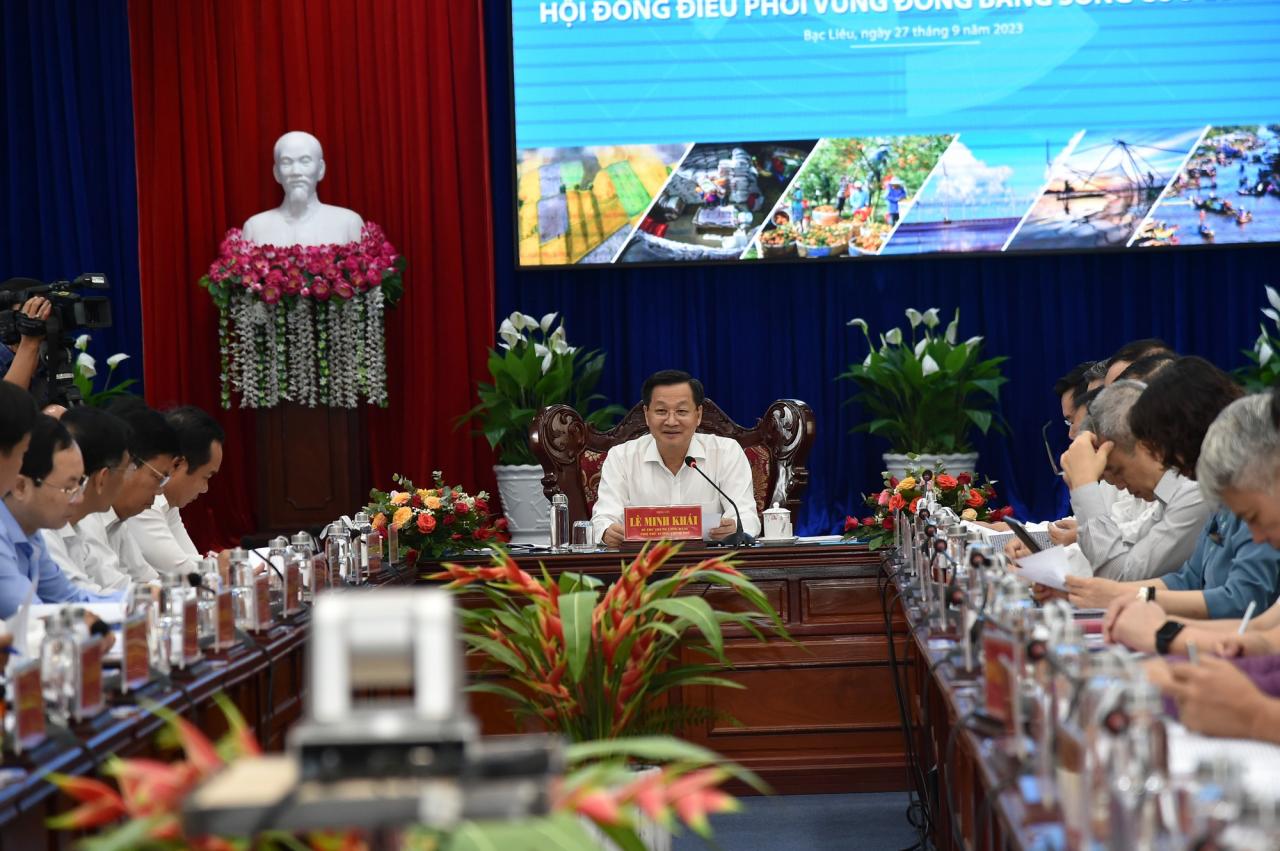
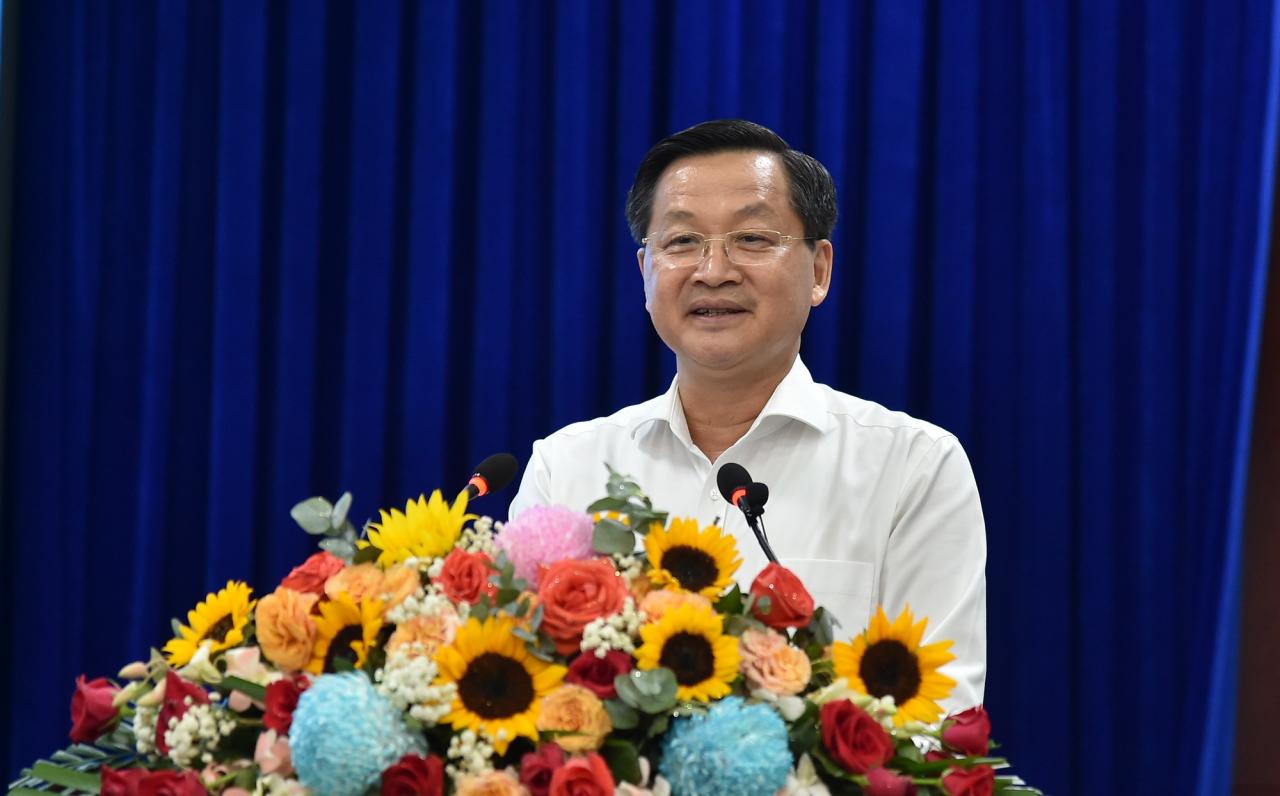
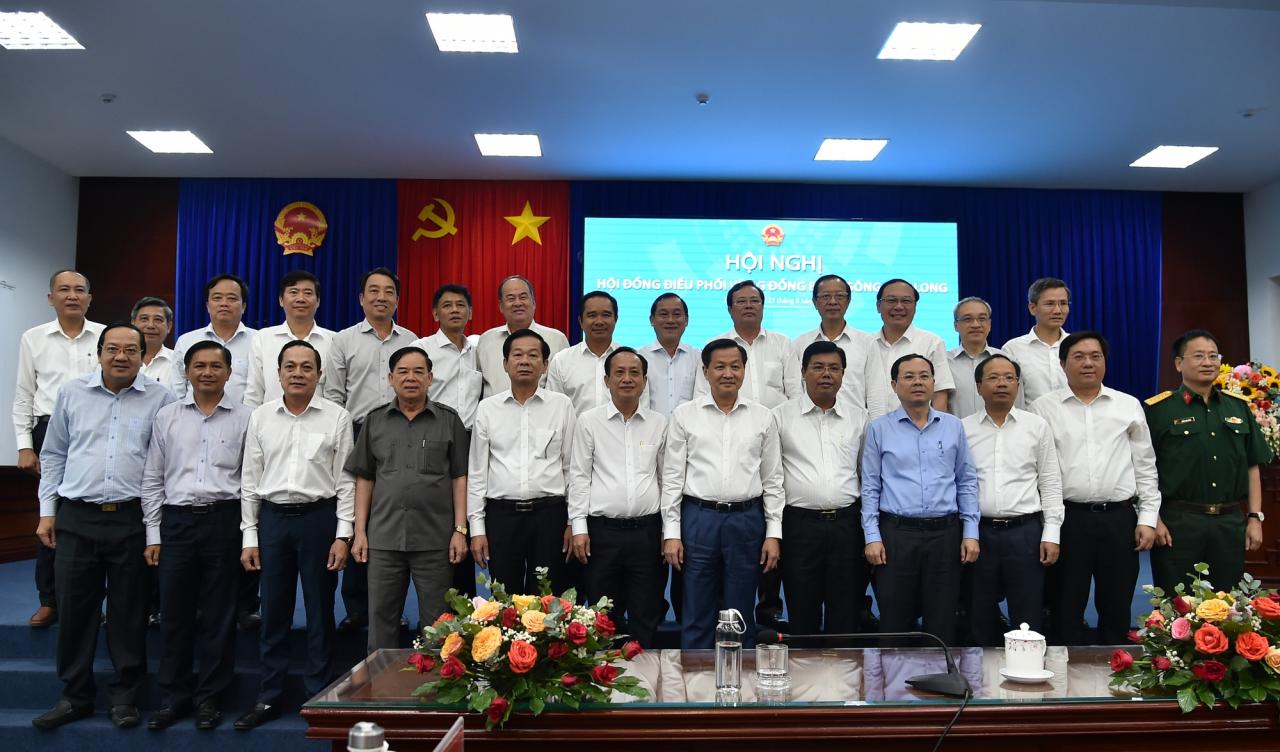
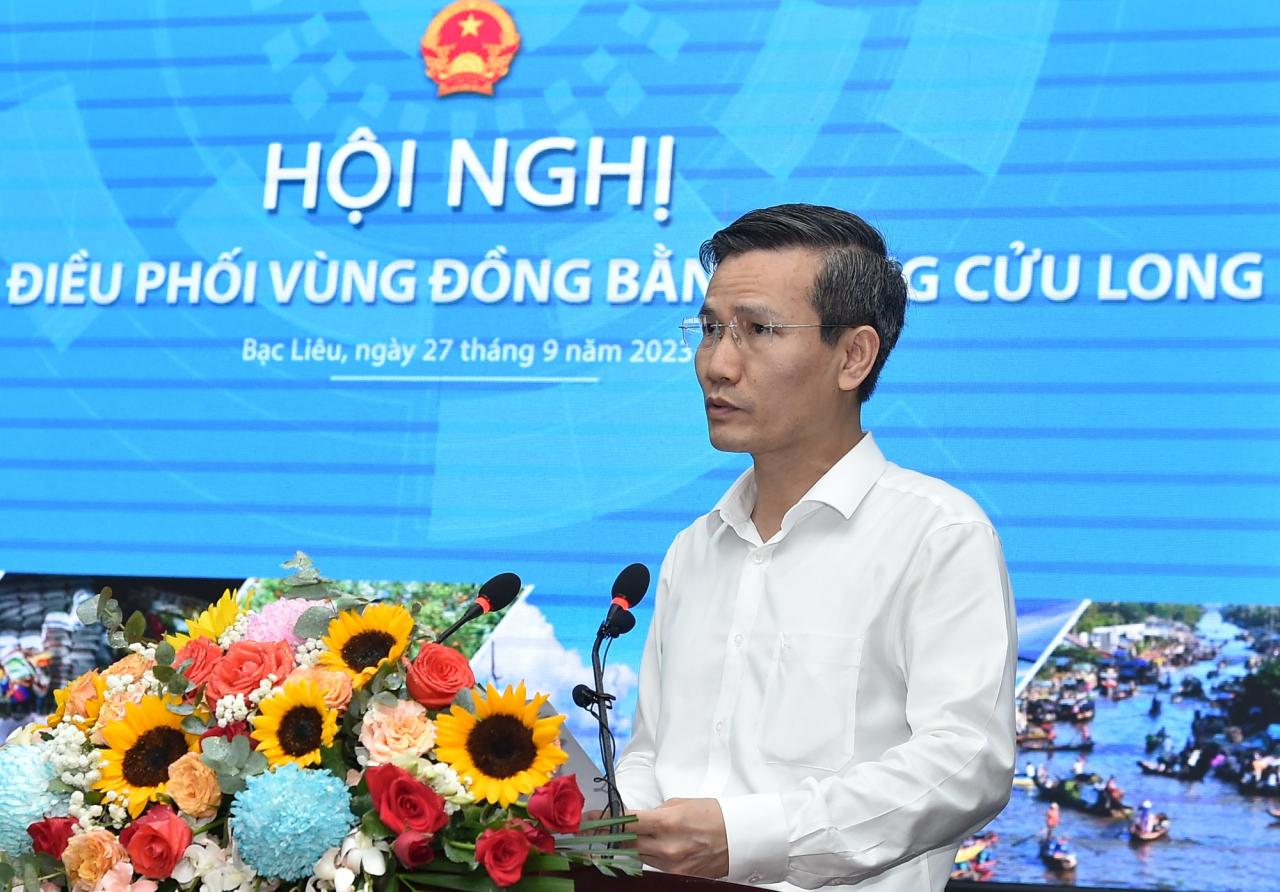
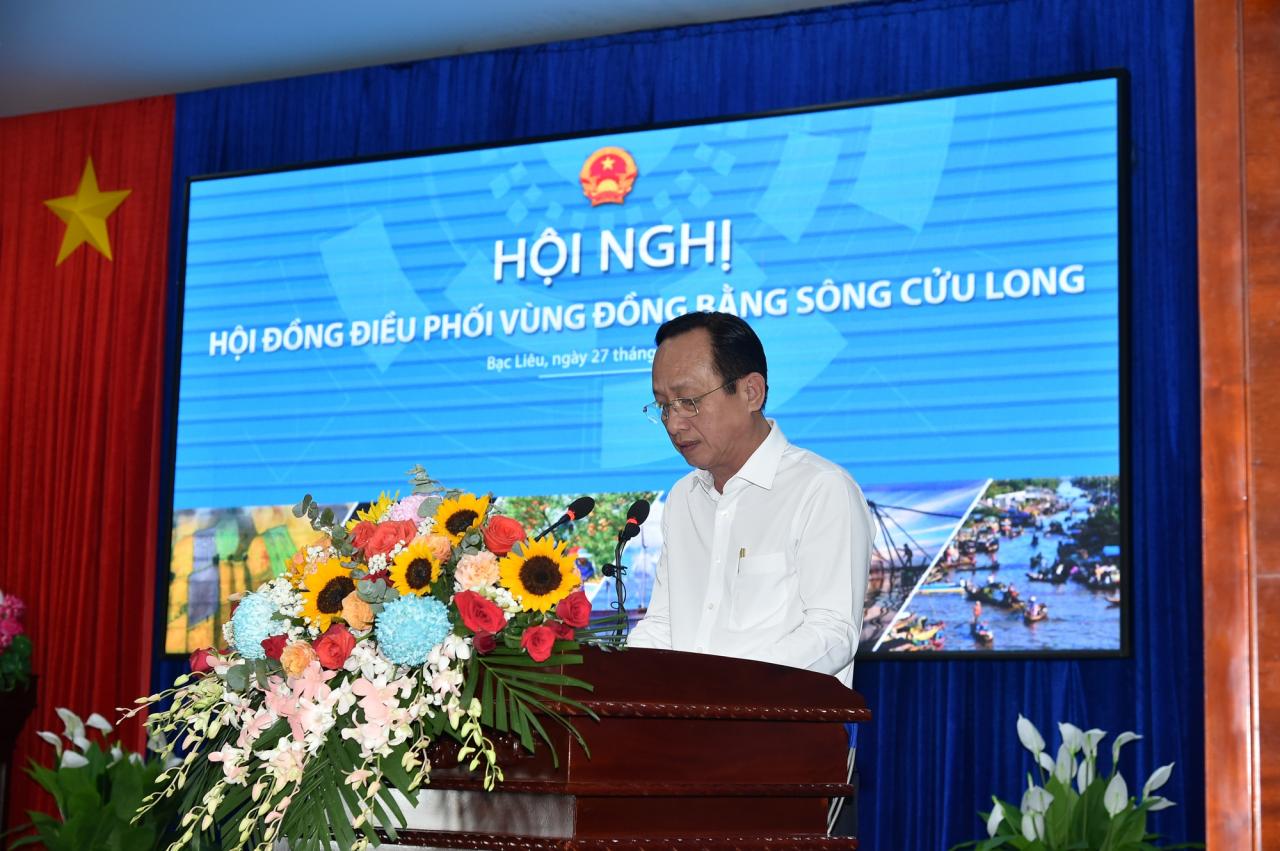
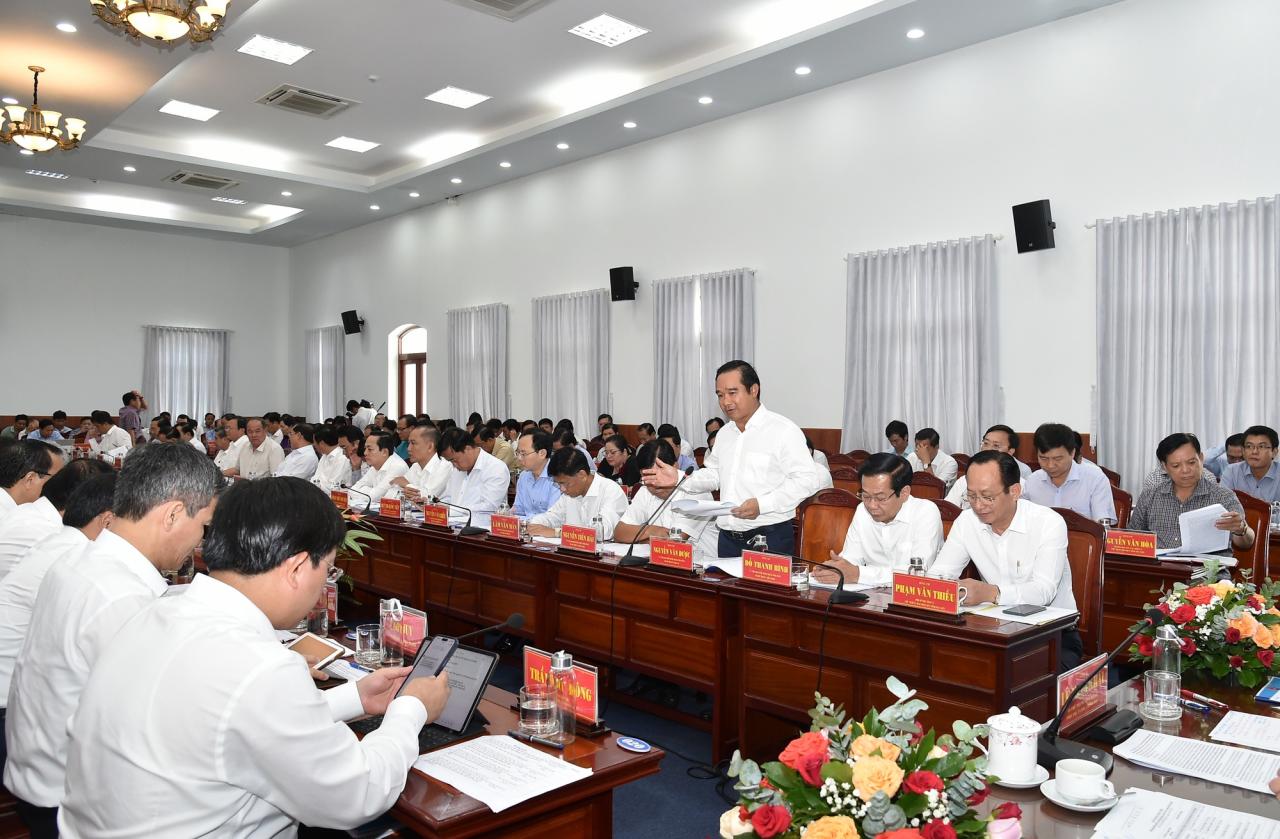
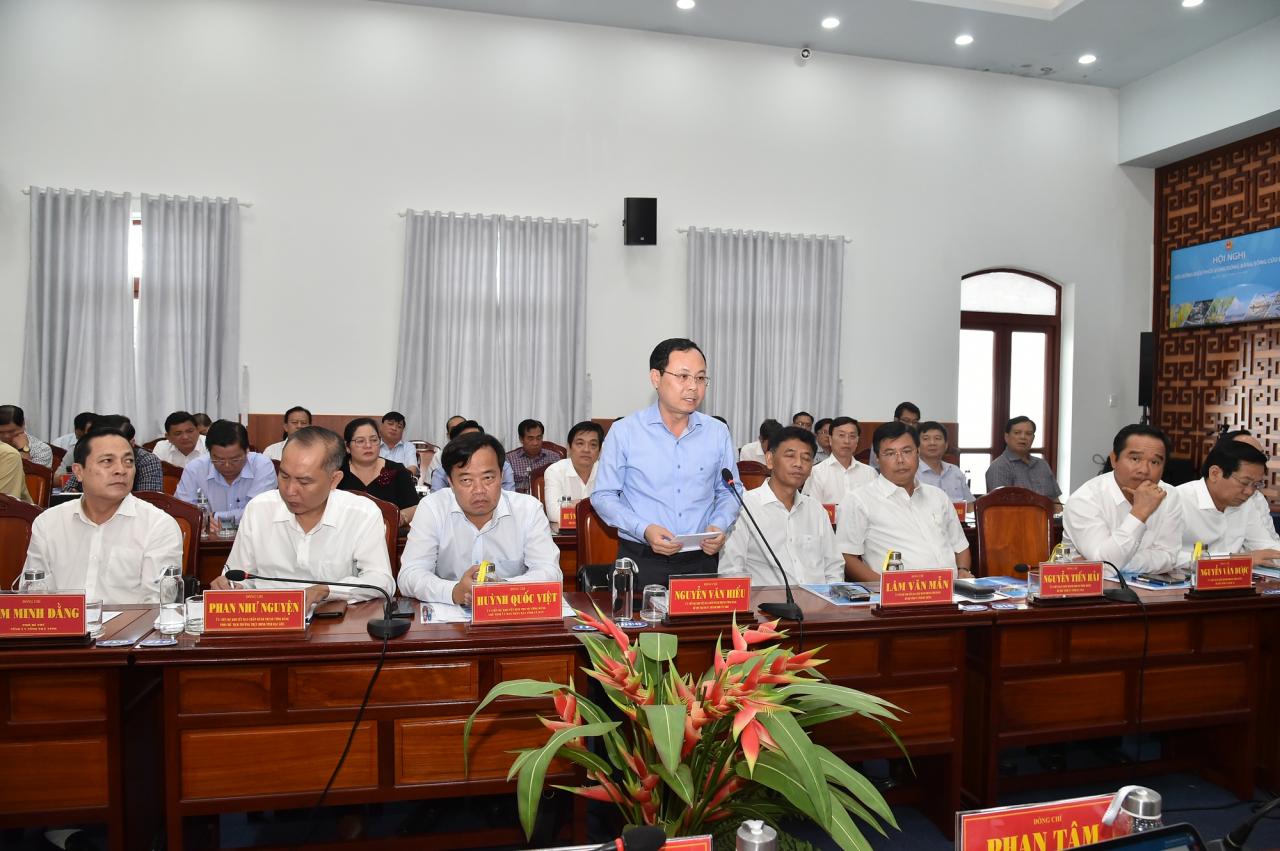
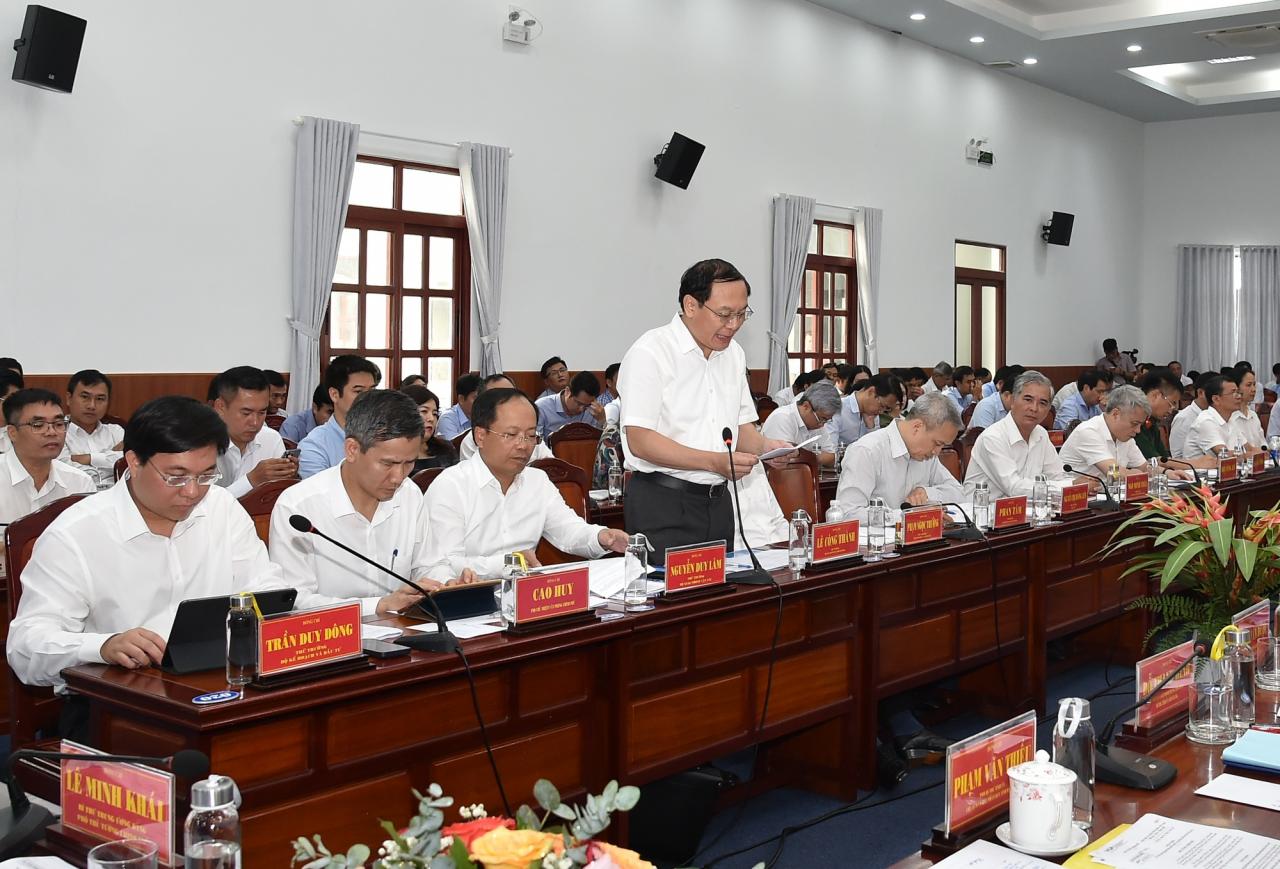



![[Photo] Discover unique experiences at the first World Cultural Festival](https://vphoto.vietnam.vn/thumb/1200x675/vietnam/resource/IMAGE/2025/10/11/1760198064937_le-hoi-van-hoa-4199-3623-jpg.webp)


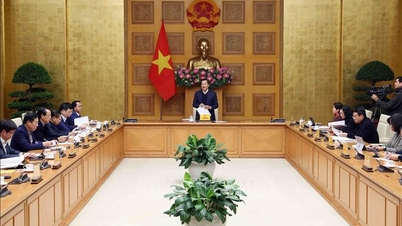
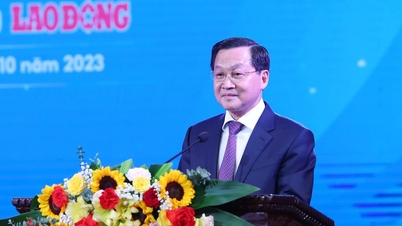

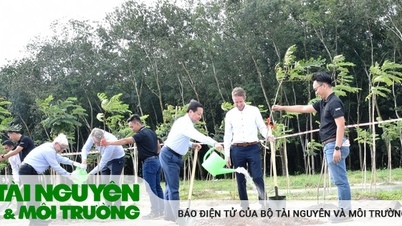
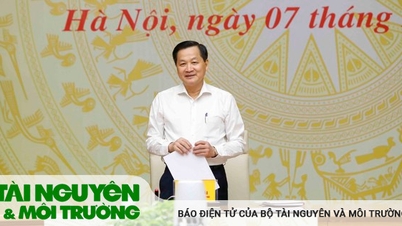
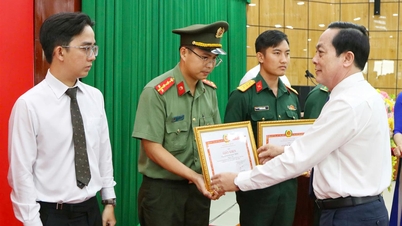

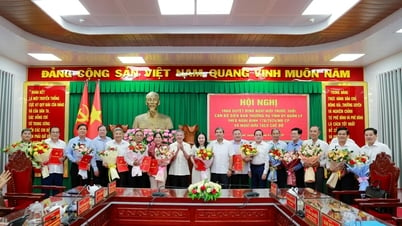
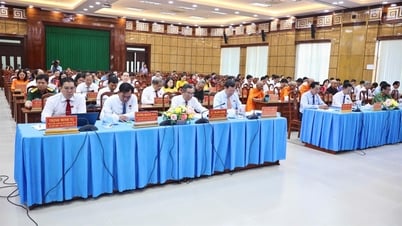
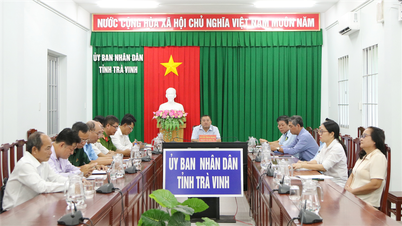
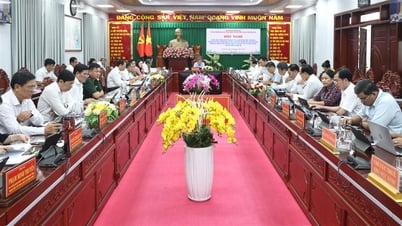





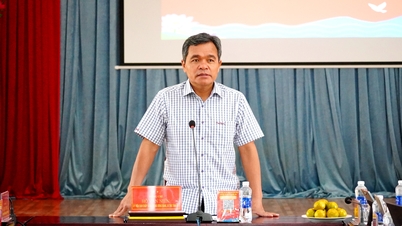
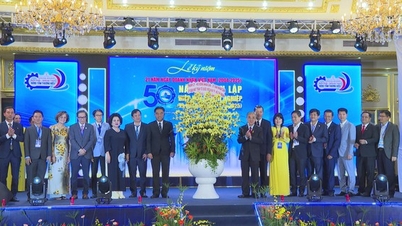

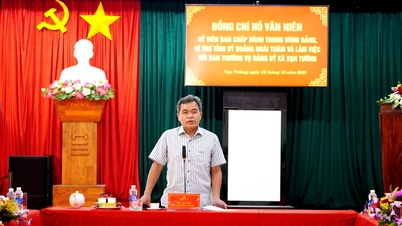

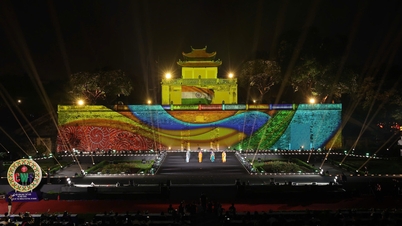
![[Photo] General Secretary attends the parade to celebrate the 80th anniversary of the founding of the Korean Workers' Party](https://vphoto.vietnam.vn/thumb/1200x675/vietnam/resource/IMAGE/2025/10/11/1760150039564_vna-potal-tong-bi-thu-du-le-duyet-binh-ky-niem-80-nam-thanh-lap-dang-lao-dong-trieu-tien-8331994-jpg.webp)

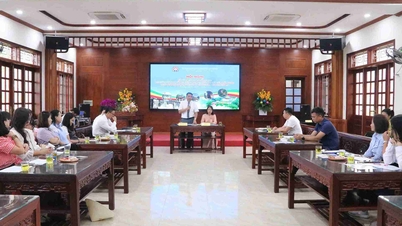





















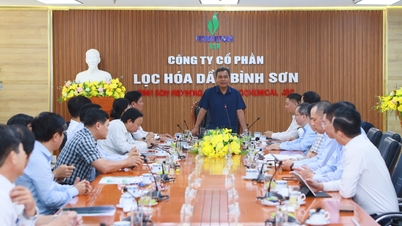






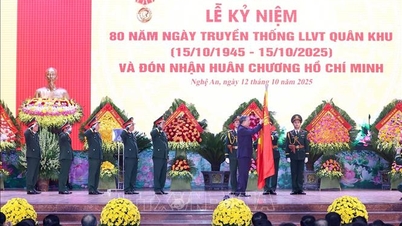

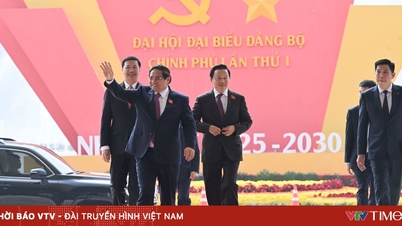


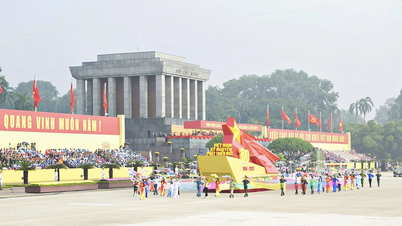






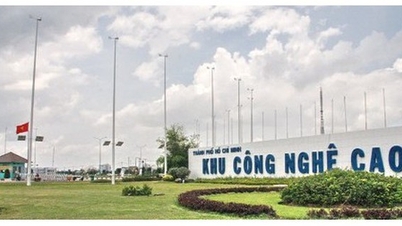


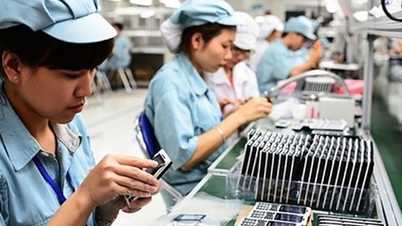
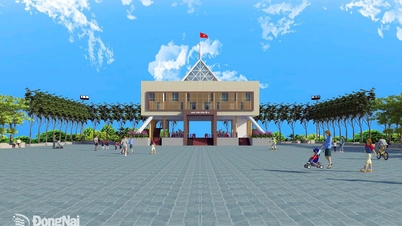

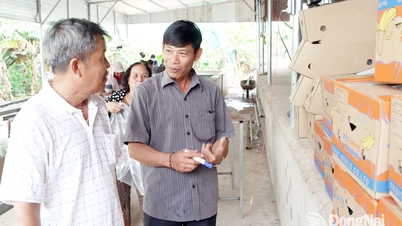
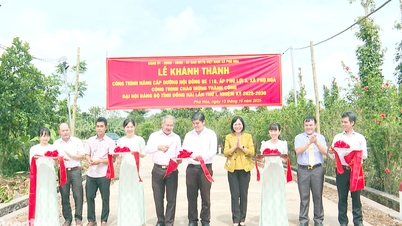
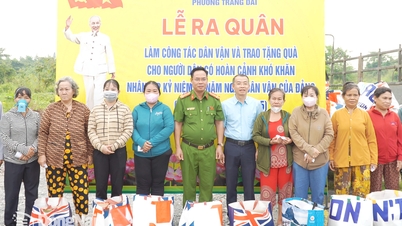
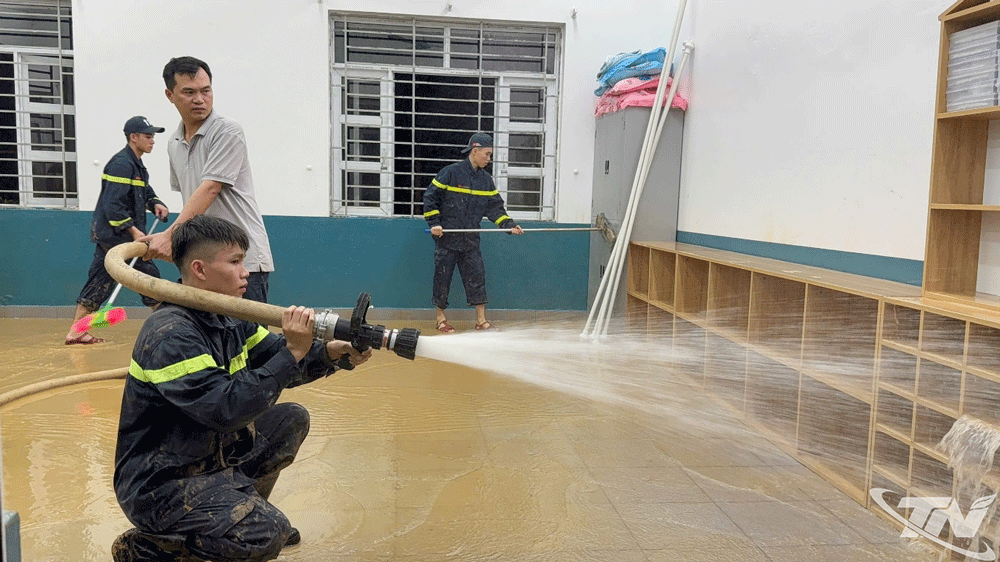

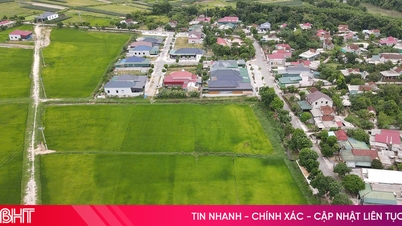















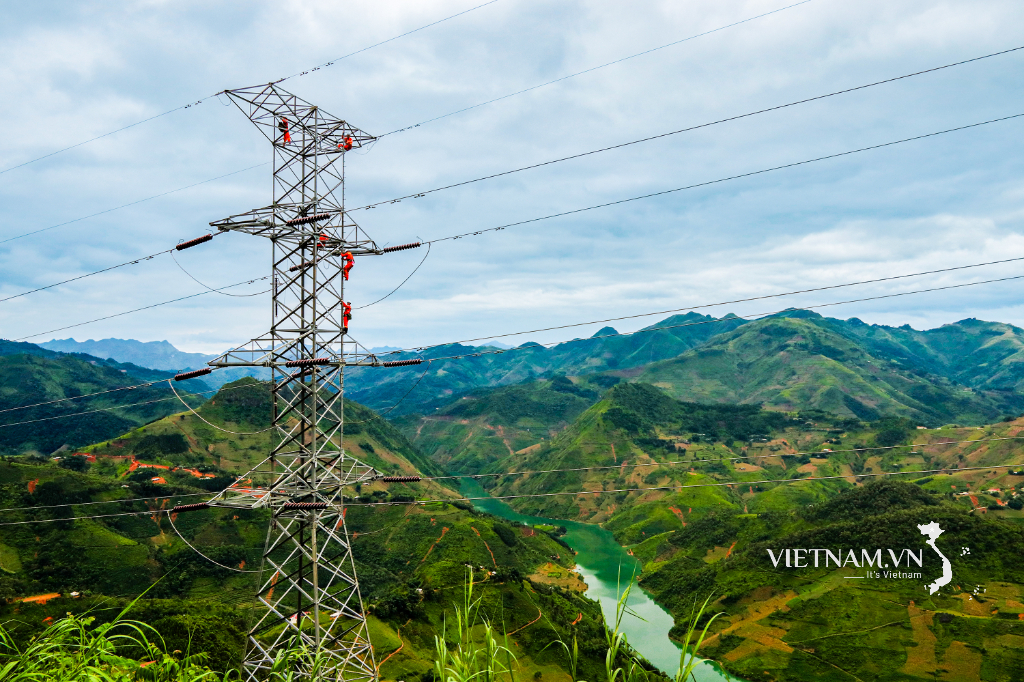

Comment (0)